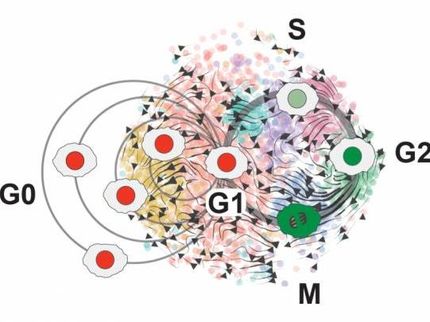Lorus Advances Clinical Development of GTI-2040 Combined with Ara-C in Acute Myeloid Leukemia
Advertisement
Lorus Therapeutics Inc. announced completion of a proof of concept clinical trial in acute myeloid leukemia (AML), and expansion of its GTI-2040 development program in this indication, with initiation of a more advanced Phase II clinical trial with GTI-2040 and high dose Ara-C (HiDAC) in refractory and relapsed AML.
The advanced Phase II clinical trial, which is now underway, includes both an efficacy study and a novel additional study to measure intracellular target activities and pharmacological synergies between the two agents. In the first stage of the 60 patient trial, the pharmacologic and target related activity of GTI-2040 and HiDAC will be evaluated in two groups, to determine the contribution of each agent alone and in combination. The second stage of the trial will provide efficacy evaluation in a larger patient population. Lorus expects the clinical trial to be completed by the end of 2008.
The decision by Lorus to advance clinical development of GTI-2040 is based on the encouraging results from our recently completed proof of concept study of GTI-2040 in combination with HiDAC in patients with refractory and relapsed AML. This clinical trial demonstrated safety and appropriate dosing of the combination regimen and showed promising clinical responses in patients under 60 years of age. Moreover, the clinical responses correlated with downregulation of R2, the cellular target of GTI-2040, and were further supported by demonstration of intracellular GTI-2040 in circulating and bone marrow leukemic cells. Complete results from the clinical trial are expected to be presented by the investigators in a scientific publication.
GTI-2040 is an antisense drug that specifically targets the R2 component of ribonucleotide reductase, which is required for DNA synthesis and cell proliferation. Through downregulation of R2, GTI-2040 has demonstrated strong antitumor and antimetastatic activity in a variety of tumor types in both in vivo and in vitro models and is under study in a multiple Phase I/II clinical program. R2 has been described as a malignant determinant that is elevated in a wide range of tumors, which can cooperate with a variety of cellular cancer causing genes known as oncogenes to enhance tumor growth and metastatic potential.





















































